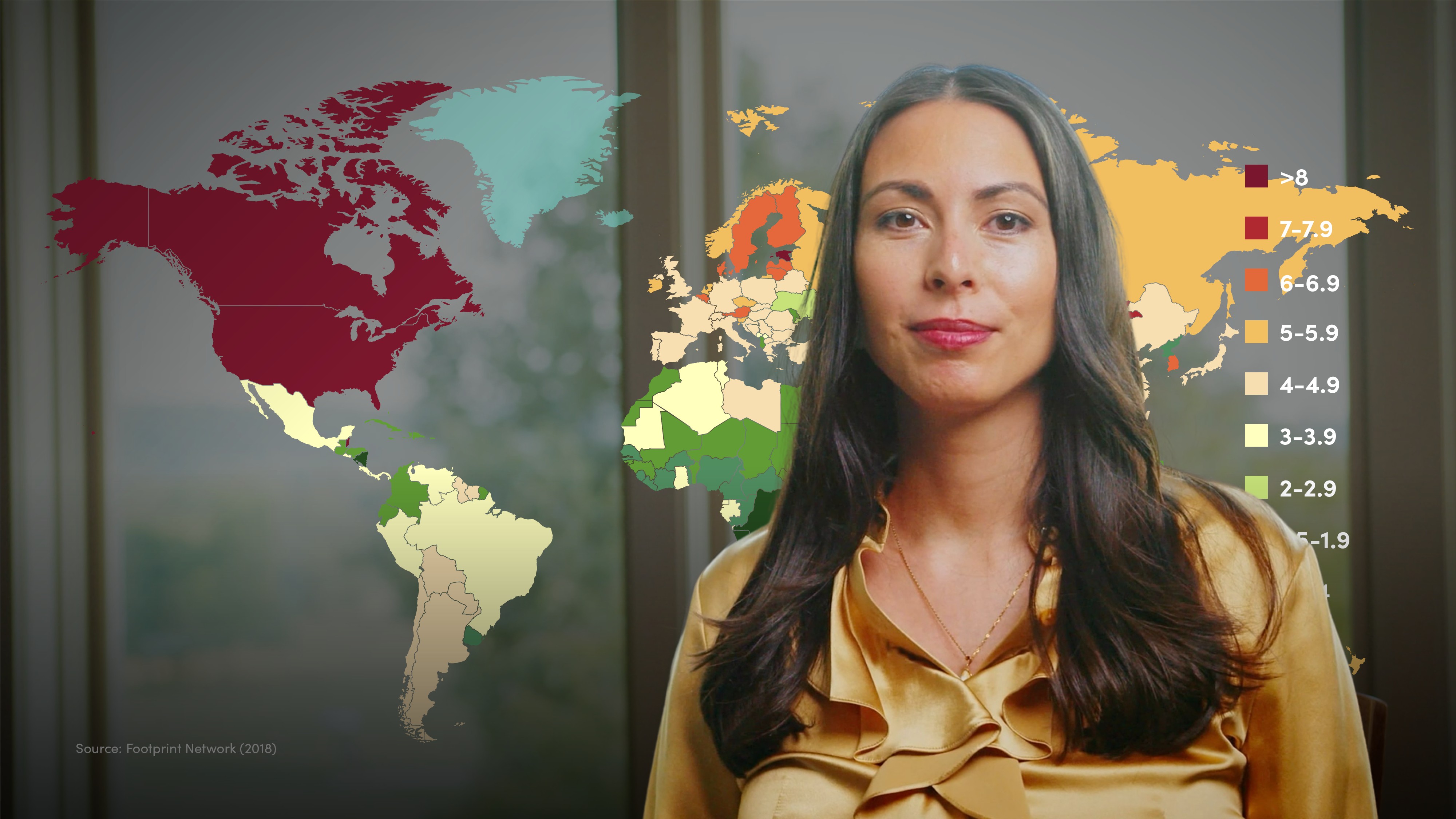
Economics for Thriving Within Ecological Limits

Gaya Herrington
15 years: Sustainable Economics
In the final video of her pathway, Gaya Herrington outlines a way forward for global society. She discusses concrete proposals for new economic frameworks that do away with the growth goal, and instead center around human and ecological well-being. She also puts the growing popularity of the "degrowth" movement in that perspective. Finally, she addresses the role of business in adopting sustainable practices and the need and opportunity to innovate for a future well-being economy.
In the final video of her pathway, Gaya Herrington outlines a way forward for global society. She discusses concrete proposals for new economic frameworks that do away with the growth goal, and instead center around human and ecological well-being. She also puts the growing popularity of the "degrowth" movement in that perspective. Finally, she addresses the role of business in adopting sustainable practices and the need and opportunity to innovate for a future well-being economy.

Economics for Thriving Within Ecological Limits
8 mins 24 secs
Key learning objectives:
Recognise the limitations and drawbacks of relentless economic growth as a solution to global challenges
Understand the principles of alternative economic frameworks, including regenerative economics, post-growth economics, and doughnut economics
Comprehend the concept of "degrowth" as a pathway towards transitioning high-income nations to well-being economies
Overview:
Because the current ultimate economic goal of growth leads to social and ecological degradation, we need alternative economic frameworks that are designed around meeting human needs within ecological limits directly. Several of such new economic frameworks exist, under the overall paradigm of "well-being economics". A transition to such a well-being economy is not a capitulation to grim necessity; it is an invitation to co-create a thriving world. A society that is filled with a sense of connection, opportunity, and the peace of mind that this prosperity can last

Gaya Herrington
There are no available Videos from "Gaya Herrington"

